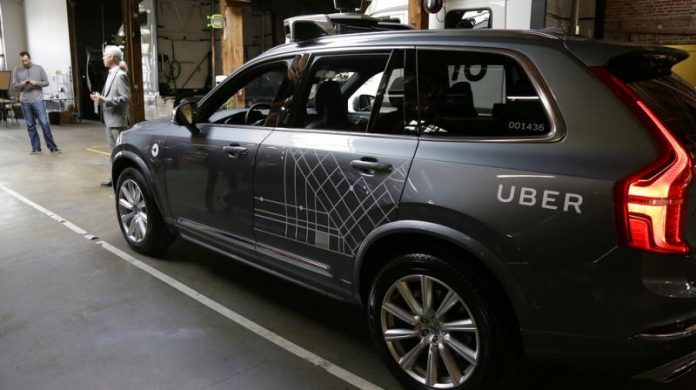For over a decade since Uber was founded, the ridesharing company has been facing challenges.
From battling regulators, to competing with taxi industry and the sector of car rentals, Uber had its hardships as well as bright moments.
All this led to having Uber going public on Friday, March 10th, however, what wasn’t as expected was the case of a serious share price drop alongside the fact that Uber shares opened for trading at the lower end of price estimate.
At the very start of the trade, Uber took a wrong turn, sliding below the estimated value and barely reaching a market cap of 76 billion dollars compared to the last estimate of 81 billion and previous valuations that went up to 100 billion dollars.
Table of Contents
Uber post-IPO: Has Wall Street Had Enough of Unprofitable Tech Companies Losing Money?
Uber failure to set reach a favorable share price that would at least match estimates might be a clear indicator that Wall Street is now looking for more profitable companies to invest in.
Previously, Lyft (LYFT), the main challenger of Uber and another ridesharing tech startup, went public with sliding -23% from its initial opening price of 72$ per share.
Lyft might have stolen the light from Uber, going public more than a month before the ridesharing magnum, that way probably enticing comparisons between Uber IPO and Lyft IPO.
This case might be one of the main reasons why Uber failed to meet expectations that Wall Street had for such carefully arranged IPO, said to be potentially the biggest IPO in years.
Uber IPO the Only Predicted “Big IPO” that Went Below the Opening Price
Compared to Alibaba (BABA) IPO offer from 2014 and Facebook (FB) IPO that went public in 2012, Uber appears to be the only one among big players to have went public below share price estimates.
Both, Alibaba and Facebook, went far above the initial share price estimates back at the time, while Uber started at 42$, -6% down from the lowest share price estimate.
At the same time, Uber is one of 18 IPOs estimated at or above 1 billion dollars that opened below the estimated share price since 2000.




